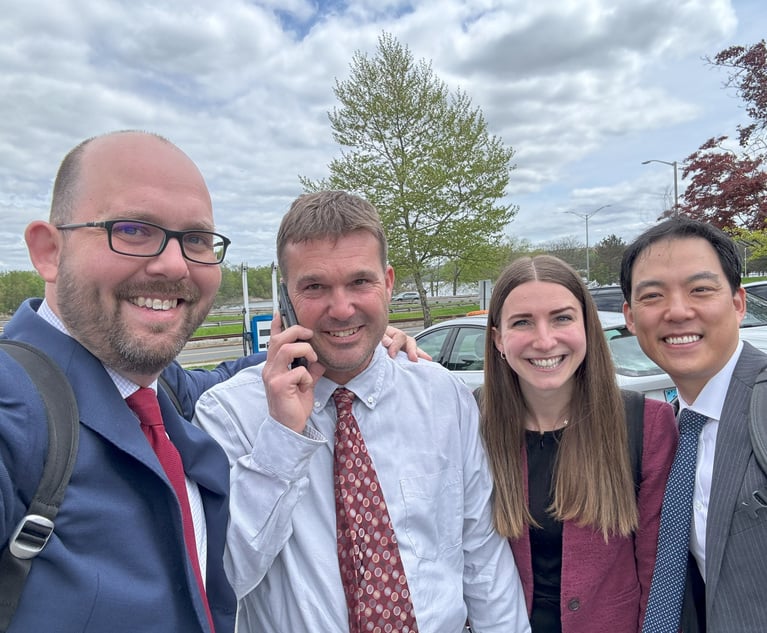As any lawyer knows, but many members of the general public do not, statements such as “I think I need to see a lawyer” are not direct enough under federal Miranda rights law to cease a police interrogation of a suspect. But a Connecticut Supreme Court ruling has changed that dynamic in the state, affording greater protections for individuals who make ambiguous requests for representation.
In State v. Purcell, the court has found that repeated statements made by the suspect in a child-abuse case amounted to a request to have an attorney present, and that questioning should have ceased at that point to allow consultation with counsel.
This content has been archived. It is available through our partners, LexisNexis® and Bloomberg Law.
To view this content, please continue to their sites.
Not a Lexis Subscriber?
Subscribe Now
Not a Bloomberg Law Subscriber?
Subscribe Now
LexisNexis® and Bloomberg Law are third party online distributors of the broad collection of current and archived versions of ALM's legal news publications. LexisNexis® and Bloomberg Law customers are able to access and use ALM's content, including content from the National Law Journal, The American Lawyer, Legaltech News, The New York Law Journal, and Corporate Counsel, as well as other sources of legal information.
For questions call 1-877-256-2472 or contact us at [email protected]


 Stockphoto.com
Stockphoto.com





